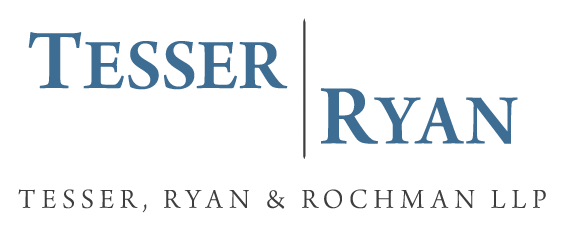NY Issues Model Sexual Harassment Policy for Employers
On April 11, 2023, New York State implemented a new model sexual harassment prevention policy and its new model sexual harassment training policy. Employers are now required to implement this new policy or update their current policy to comply with these new standards. While employers are not required to adopt the exact wording of the new model policy, employers should review their handbooks to make sure their existing policies meet the minimum standards set forth by the Department of Labor.
In 2018, the New York legislature passed a comprehensive legislation package aimed at preventing sexual harassment and gender discrimination in the workplace. One of the requirements of the legislation was for the state to review and update its model sexual harassment policy and training every four years. Last year, in 2022, the New York State Department of Labor, working with the New York State Division of Human Rights, crafted an updated sexual harassment prevention policy after consultation with workers, employers and other stakeholders within the State.
One main significant change is that the new model policy contains an updated definition of sexual harassment. The model policy specified that harassment does not need to be severe or pervasive in order to be illegal. The policy states, “there is no single boundary between petty slights and harassing behavior,” and explains that determinations as to whether behavior rises to the level of harassment is subjective and “is to be viewed from the standpoint of a reasonable victim of discrimination with the same protected characteristics.” Impact, rather than intent of the behavior, should be considered in determining whether behavior constitutes harassment. The policy explains, “not intending to harass is not a defense. The impact of the behavior on a person is what counts.”
The new policy also includes a new explanation of gender diversity. It explains that behavior need not be sexual in nature to be unlawful gender discrimination and that “discrimination based on sex stereotypes, gender expression and perceived identity are all forms of sexual harassment.” Examples of prohibited harassment now include ones related to gender identity, such as the intentional misuse of an individual’s preferred pronouns and “creating different expectations for individuals based on their perceived identities.”
The new policy also encourages “bystanders” to intervene and report the conduct. While managers and supervisors have long had a duty to report any harassment they are aware of, the new policy promotes, but does not require, other bystanders to report incidents of harassment, and describes methods by which they can do so. The new policy also includes the toll-free hotline (1-800HARASS3) or (1 (800) 427-2773) established by the New York State Division of Human Rights as another way to report harassment in the workplace.
Finally, the new policy includes a new section on harassment in a remote work environment. As remote work continues to be prevalent in the post-pandemic world, the new policy explains that harassment can occur even when employees are working remotely at home, such as through virtual meetings and on messaging apps.
Employers with questions about updating their harassment policies at work and want to make sure they are in compliance with these new policies should call Tesser, Ryan & Rochman, LLP at (212) 745-9000 for a consultation.
